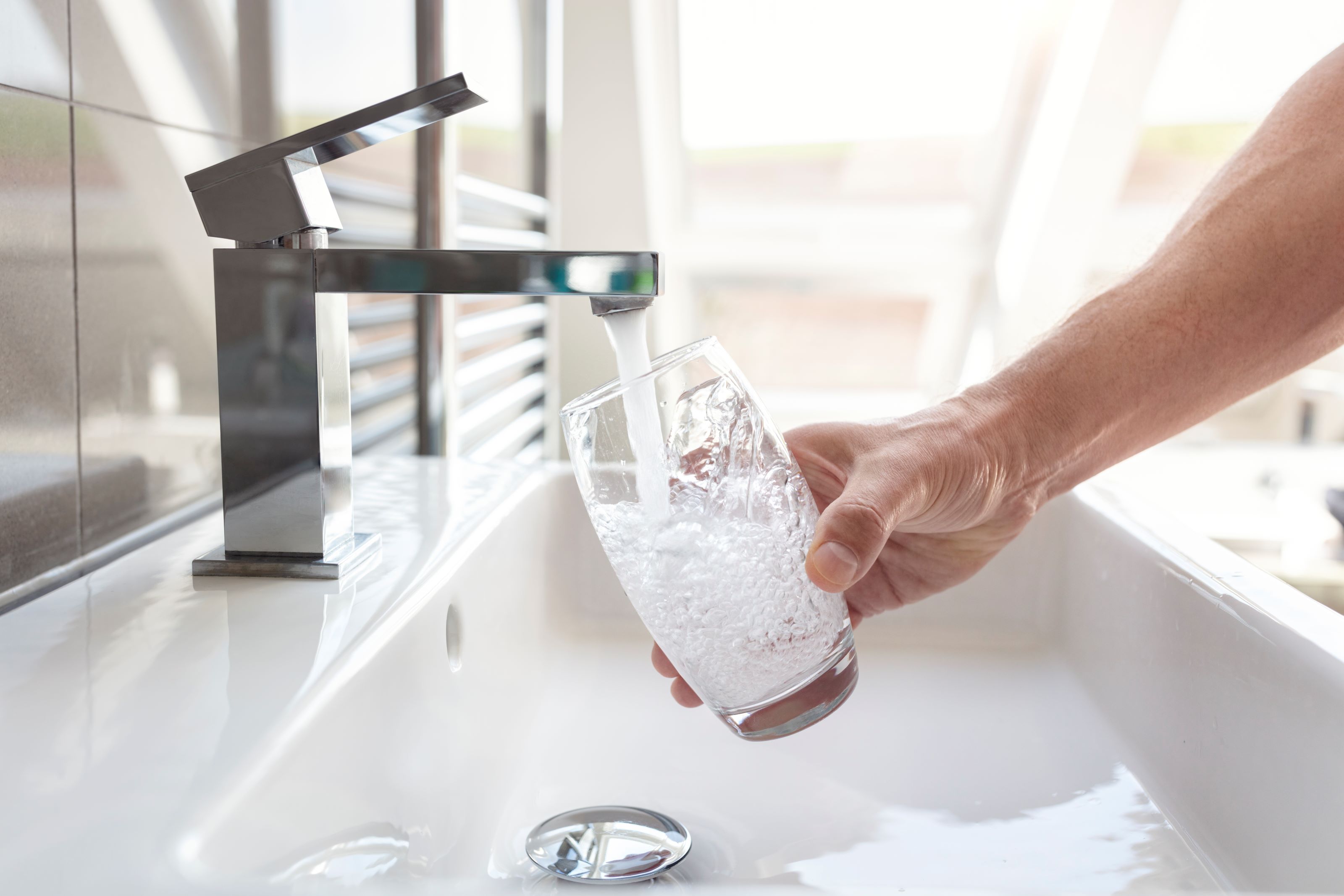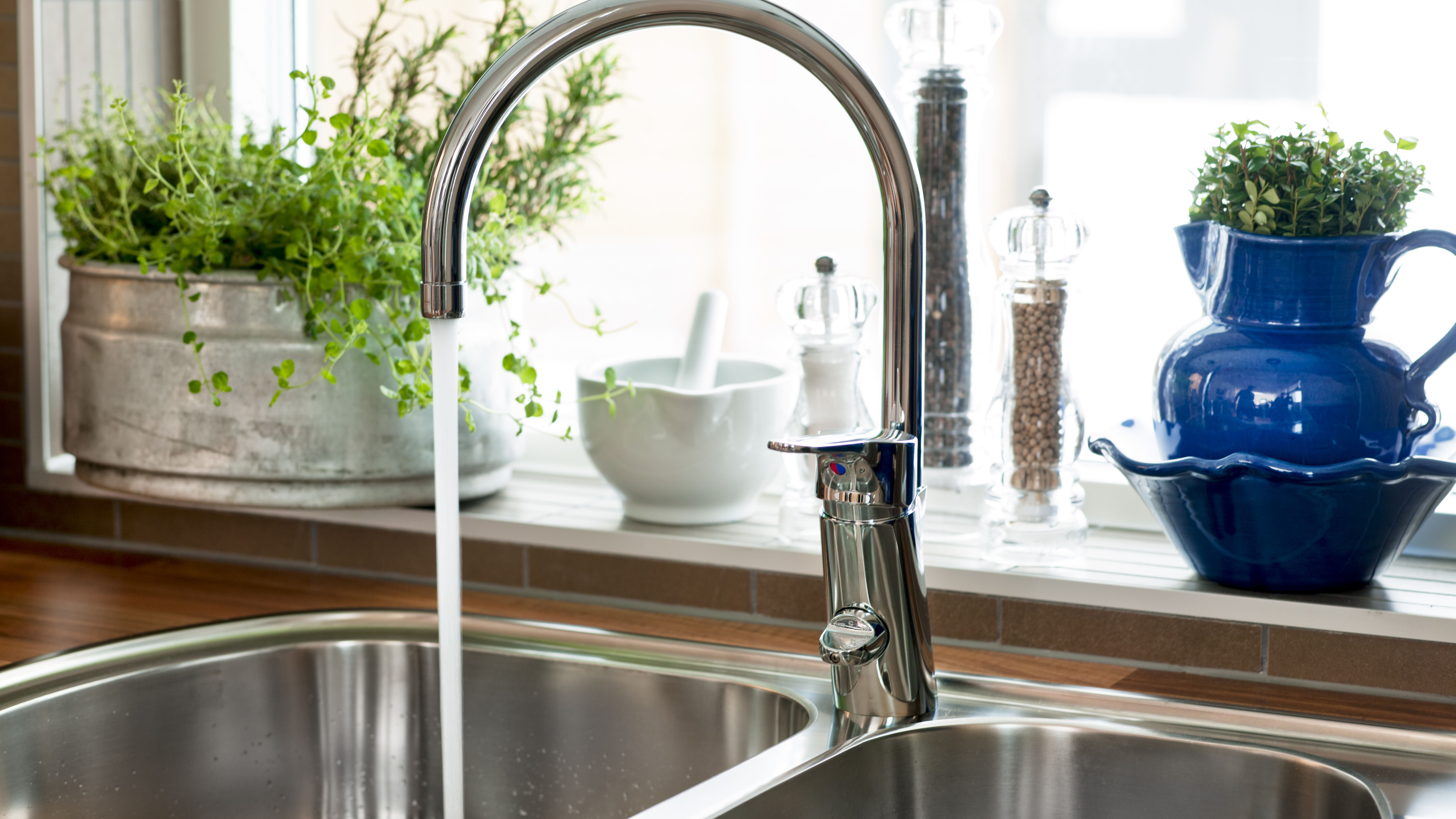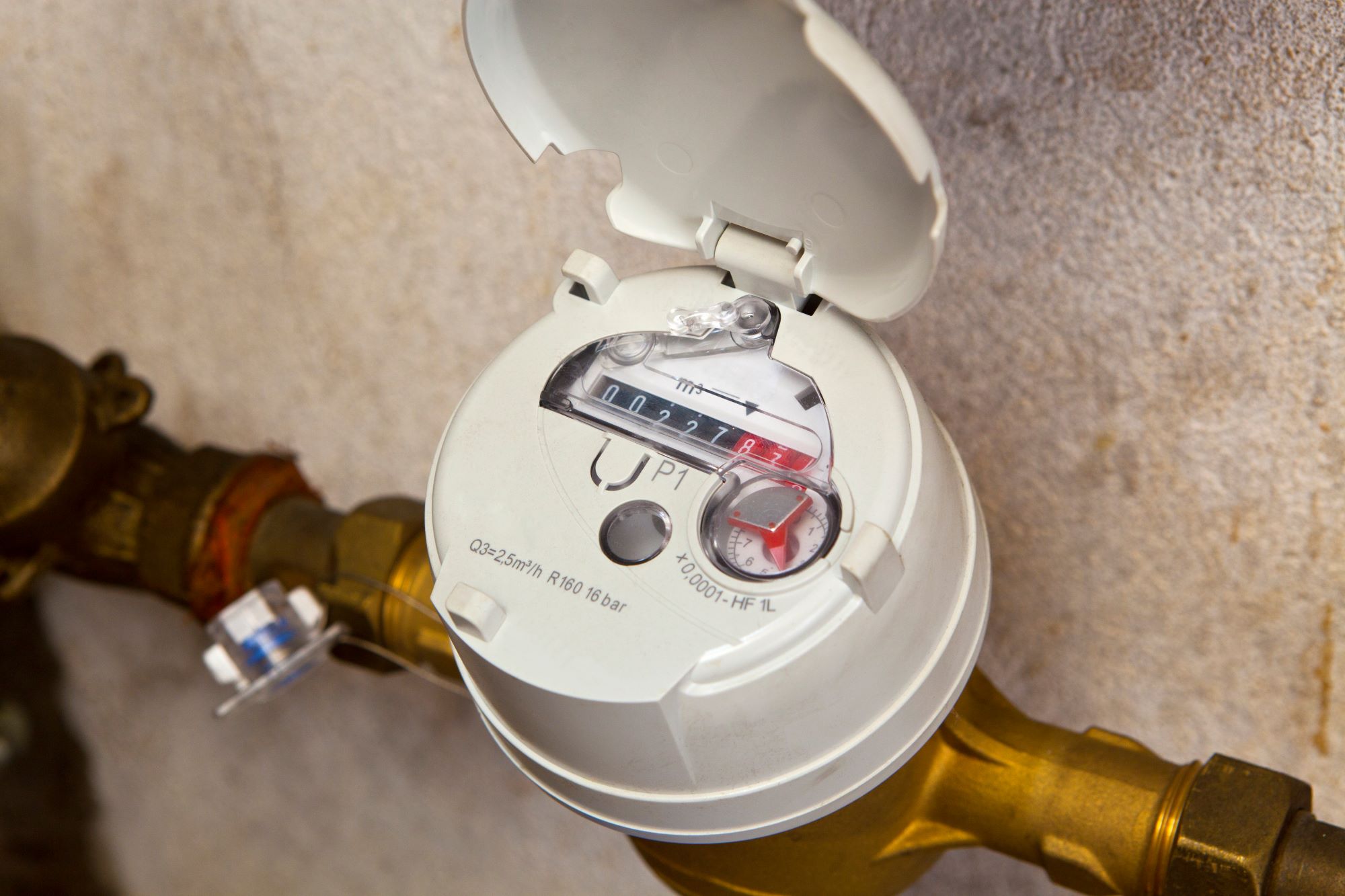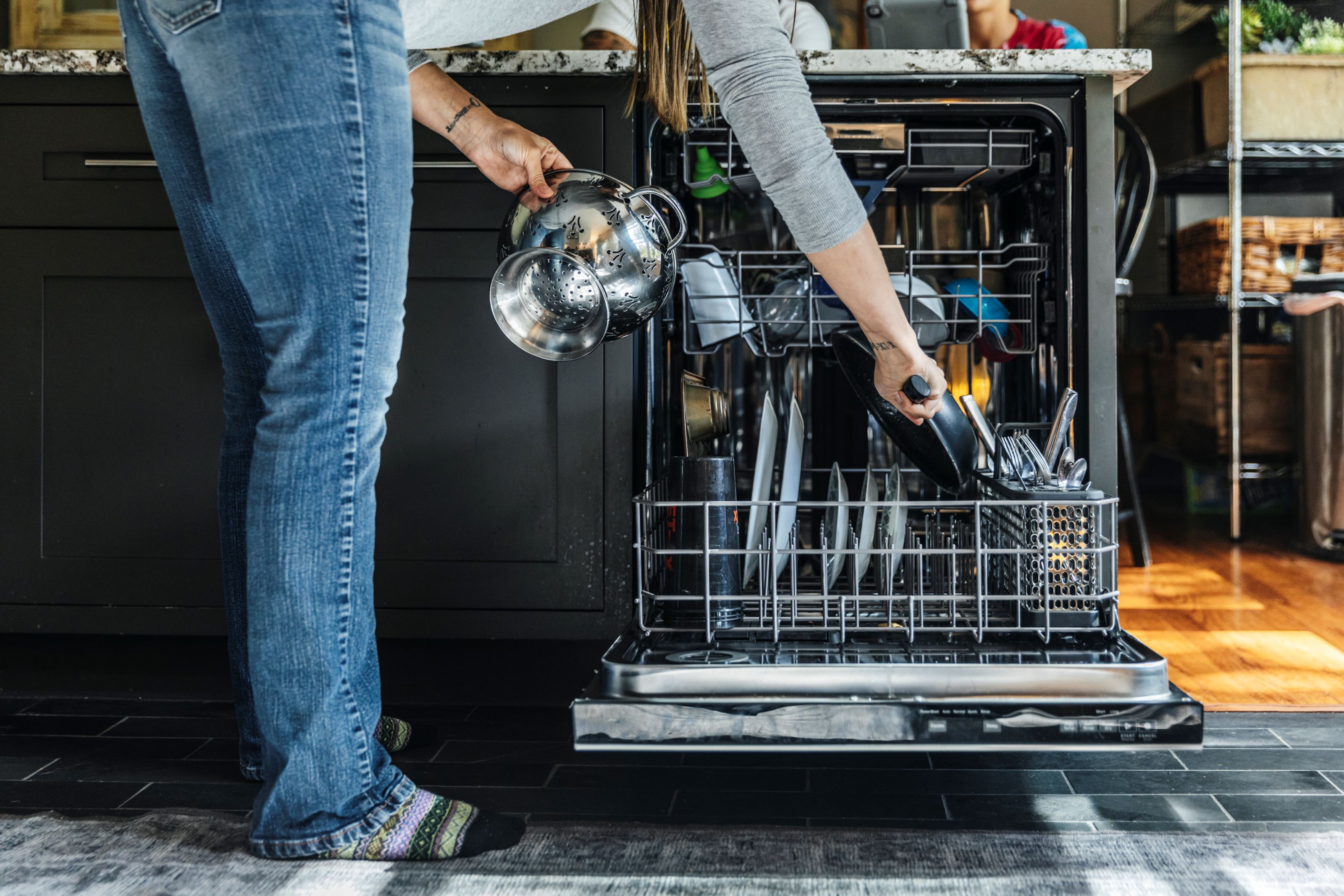Help with water bills: How to claim a reduction on your water bill
Too many householders are unaware of the opportunities available to save cash

For British families struggling to cope with the cost of living crisis — there is help with water bills out there. More than one million households are said to already be benefitting from reductions offered by their water companies, according to the Consumer Council for Water (CCW), with up 90% shaved off their water bills.
Water bills can be a huge drain on a household’s resources and high bills a headache for those already dealing with high energy costs and rising food prices. It is now estimated that one in five households are unable to pay their water bill, according to the CCW, with that figure expected to grow in the next few months with water prices set to increase from April 2023.
Here we explain where to find these help with water bills schemes as well as whether you might qualify for the extra help. We also look at how fitting a water meter can sometimes save you hundreds of pounds as well giving some handy advice on saving water and how to reduce your home's water consumption to bring those bills down even further.
What help with water bills is there?

Water companies have measures in place to help people struggling to pay their bills, which is perhaps even more important with water bill prices set to increase from April 2023.
Who is eligible for help and the level of support varies depending on your water company, with the CCW admitting there is ‘postcode lottery’ that means support does vary across the UK.
Severn Trent Water, for example, operates the Big Difference Scheme, which can offer a reduction of water bills to any Severn Trent customer with a household income below £18,278. Households with child dependants may be eligible for an additional income allowance in excess of this amount. Your household income will be assessed when you apply.
How you can save money on your water bill
1) Sign up for reduced payments You can sign up to go on to various social tariffs with your water company if your household has a low income. See below for a list of social tariff schemes from different water companies across the UK:
- Affinity Water – Lift
- Anglian Water – Lite
- Bournemouth Water – WaterCare
- Bristol Water – Assist
- Cambridge – Assure
- Dŵr Cymru Welsh Water – HelpU
- Essex and Suffolk Water – SupportPLUS
- Hafren Dyfrdwy – Here2Help
- Hartlepool – Lite
- Northumbrian Water – SupportPLUS
- Portsmouth Water – Helping Hand Tariff
- Severn Trent Water – Big Difference
- South East Water - social tariff scheme
- Southern Water – Essentials Tariff
- South Staffordshire Water – Assure
- South West Water – WaterCare
- SES Water – Water Support
- Thames Water – WaterHelp
- United Utilities – Help to Pay and Back on Track
- Wessex Water – Assist
- Yorkshire Water – WaterSupport
2) Financial hardship funds are available through your water company and can offer grants to those that need them to clear water debt
3) See if you qualify for the bill cap scheme This scheme by WaterSure caps how much those on a water meter pay for water and sewerage if they receive income-related benefits, have a large family, suffer a medical condition that means they need a lot of water
4) Sign up to payment breaks These may be available for those from 'low income households' to ease the pressure and make paying your bill more manageable if you are struggling with short-term financial difficulties
5) Flexible payment plans are available from your water company too, where you might be able to spread payments over a longer payment period
6) Agree on a debt support scheme If you are in debt with your water bill, you can arrange a payment plan with your water company
7) Pay your water bill through your benefits If you are already in debt with your water bill payments, there is a system called 'Water Direct' to divert some of your benefits income to paying off your water bill debt
8) Get free water efficiency tools Some companies offer free water efficiency devices, such as kitchen tap aerators, universal plugs, timers, cistern displacement devices, and garden hose guns
9) Check out the benefits calculator This tool is on offer on the CCW website to work out what benefits you might be entitled to as a result of your personal circumstances. This won't reduce your water bill but may give you extra income to help pay it
If you need further information about any of the above, the CCW recommends you contact your water company. You can find out who is your water supplier here.
Should I have a water meter installed?

If you live on your own, or have more bedrooms in your property than occupants, you may be able to save money if you choose to have a water meter fitted. This is because water bill rates where there isn't a meter fitted at a property, are based on the rateable value of your home as assessed by the Valuation Office before 1990, when nobody had a when meter.
The rateable value of a property was assessed at the time based on the size of your property, the plot, area, local services and its condition. This could put you in a higher consumption bracket, regardless of how much you actually use, costing you significantly more. Of course, the reverse can be true too, with the rateable value of your property giving you lower water bills than what you use, so it's worth doing your research before switching.
Let’s take the example of a family with two young children in a four bedroom detached home whose provider is Anglian Water. With a water meter the estimated annual water consumption is 164 cubic metres, with a metered bill this would be £653.45 but based on the rateable value it might be £1,400 per year, giving a huge £746.55 saving.
“Meters can also indicate a leak at a property, as there will be a continuous flow even at times where we wouldn’t expect to see any water being used,” says Thames Water.
It is also worth noting, that "In the rare circumstances that you request a water meter but your water company is not able to fit one, they must give you the choice to switch to a fixed single occupier tariff," the CCW explains, adding: "If you stop living alone, you would no longer be eligible for this tariff."
If you do decide to opt for a water meter, one will be fitted free of charge and many water companies will now give you up to two years to trial a meter and switch back if you are unhappy with it or not saving money.
The price of water does vary between water companies, but you can use the CCW’s water meter calculator to assess whether or not you might benefit. You can find more information on 'do water meters save money?' in our detailed guide on the topic.
What can I do to use less water?

Reducing the amount of water you use might seem obvious but with water bills rising, saving water should help to bring down the costs on bills, as well as limiting wastage and helping the environment.
Here are some simple tips you can take to lower the volume of water your household consumes:
- Patch leaks You may have a leak if you have damp inside or green patches outside. This can be very costly, so always monitor your meter for surprise increases as well as any puddles forming when it hasn't rained
- Fix dripping taps Dripping taps waste enough water in a year to fill a child’s paddling pool every week of the summer, so check your washers are not degraded and fix if needed. You can read up on how to fix a dripping tap in our guide
- Make use of your dishwasher and washing machine settings Half-load settings on dishwashers and washing machines use more than half the energy and the same water as a full load. Also, fill your dishwasher or washing machine before turning it on to save on energy
- Reuse cooking water Steam your vegetables and use the leftover water to feed plants
- Reduce washing up Use the same glass or cup all day to reduce washing up. Try to use fewer pots, pans, and utensils too
- Don't chuck ice cubes Left-over ice cubes can be placed on plants instead of being dumped in the sink
- Limit tap time Don’t run the tap until the water’s cool. Instead, keep a jug of water in the fridge for drinks
- Don't overfill kettles Only boil what water you need. Don’t fill the kettle for a single cuppa!
- Adjust your hygiene habits Short showers are more water efficient than baths. Long showers aren't though! Also, rinse your razor in the sink instead of running the tap while shaving and turn off the tap while you brush your teeth
- Use water butts in the garden These catch rainwater so you don't have to use mains water to water your plants
- Ditch the garden sprinkler and use a watering can instead. You can find out how much water does a garden sprinkler use per hour in our guide
Get the Homebuilding & Renovating Newsletter
Bring your dream home to life with expert advice, how to guides and design inspiration. Sign up for our newsletter and get two free tickets to a Homebuilding & Renovating Show near you.
Sam is based in Coventry and has been a news reporter for nearly 20 years. His work has featured in the Mirror, The Sun, MailOnline, the Independent, and news outlets throughout the world. As a copywriter, he has written for clients as diverse as Saint-Gobain, Michelin, Halfords Autocentre, Great British Heating, and Irwin Industrial Tools. During the pandemic, he converted a van into a mini-camper and is currently planning to convert his shed into an office and Star Wars shrine.

